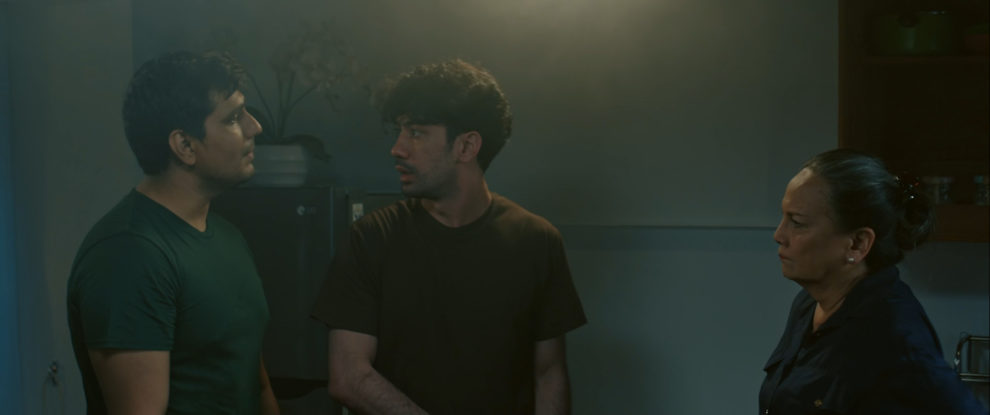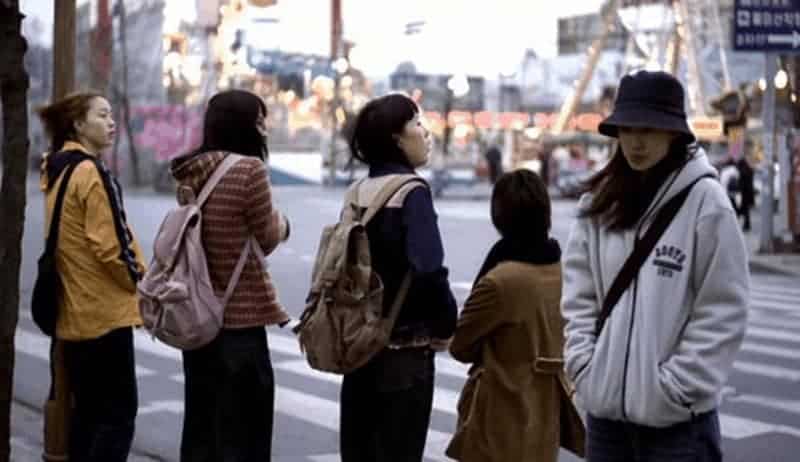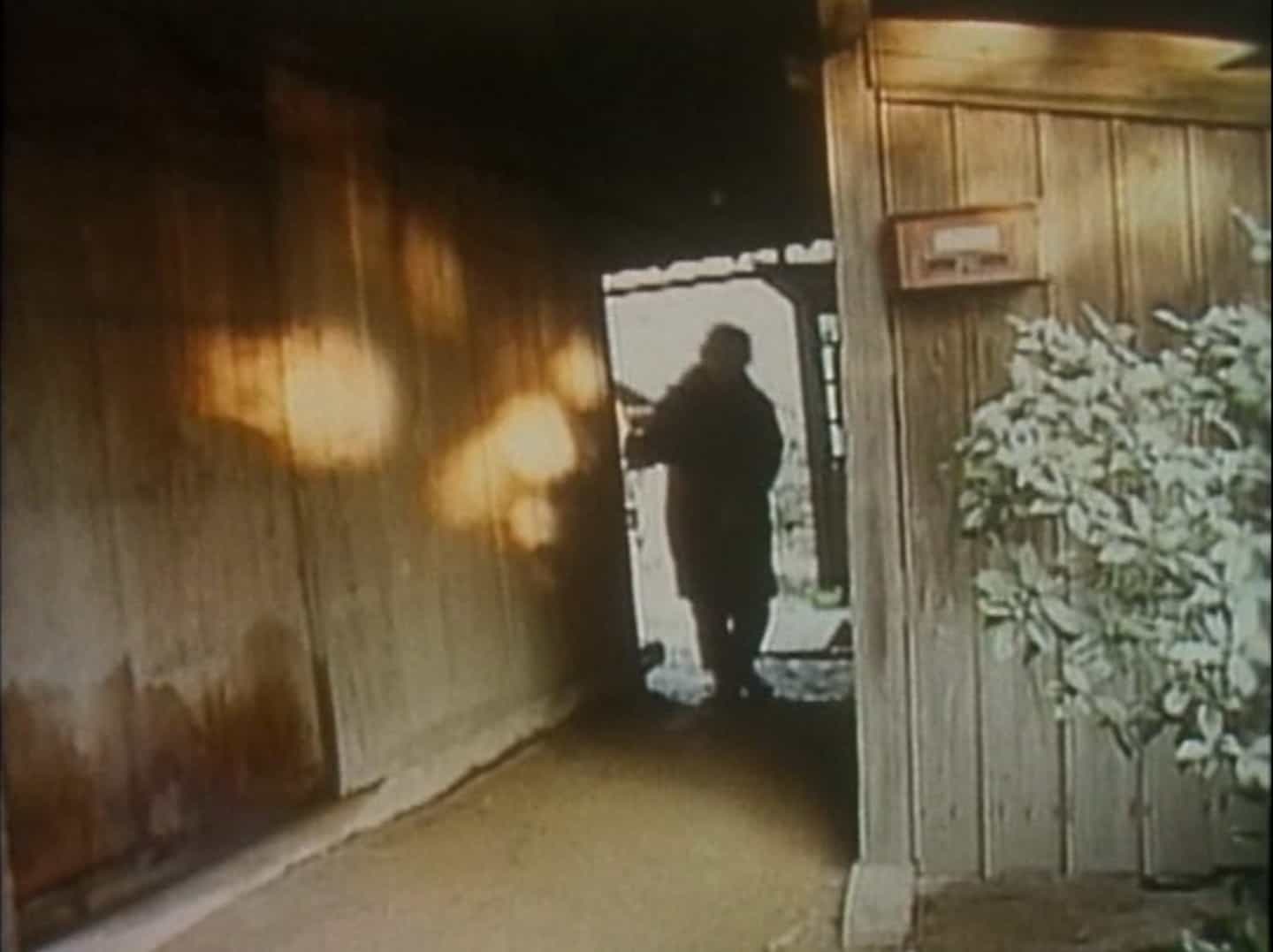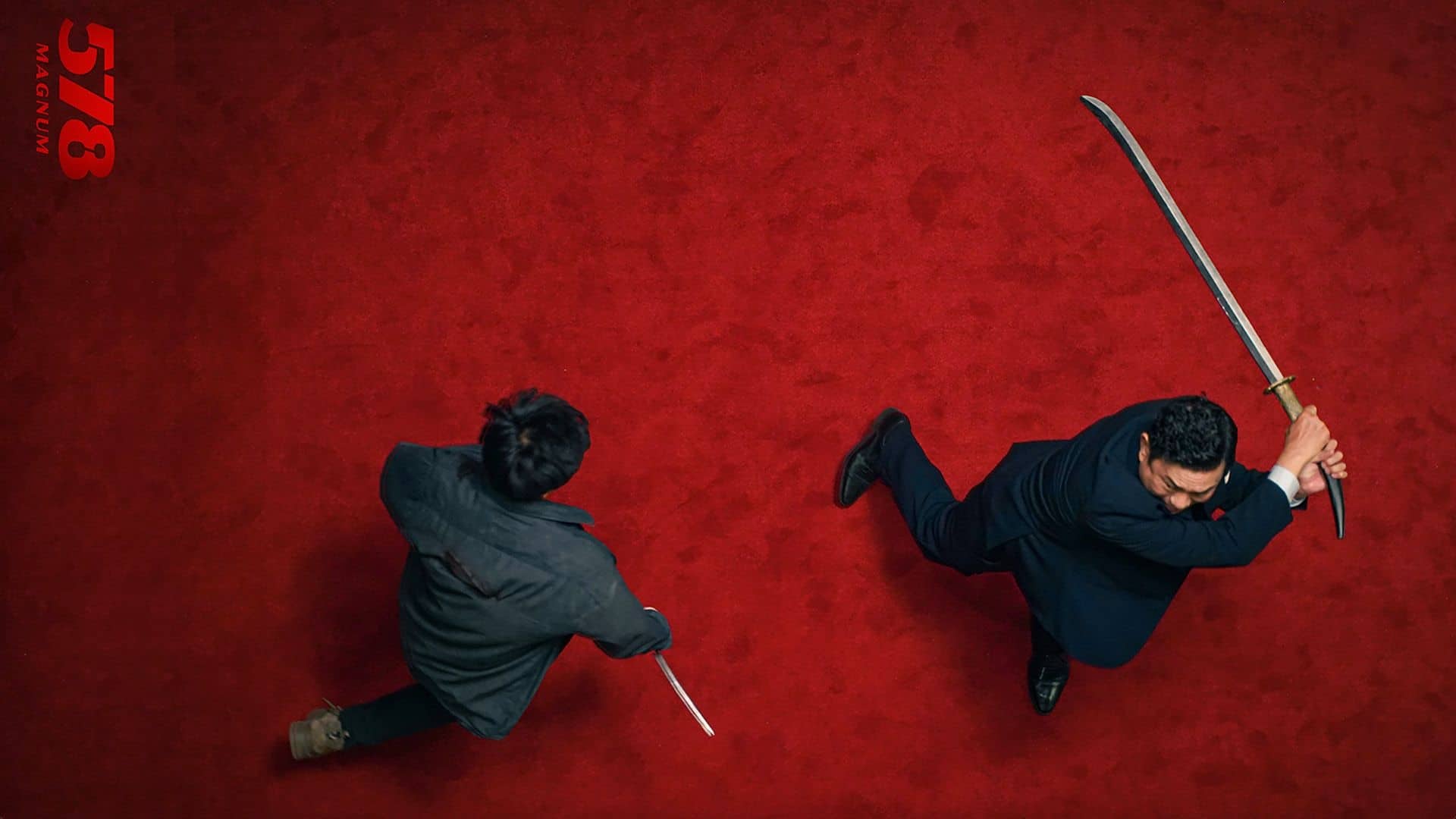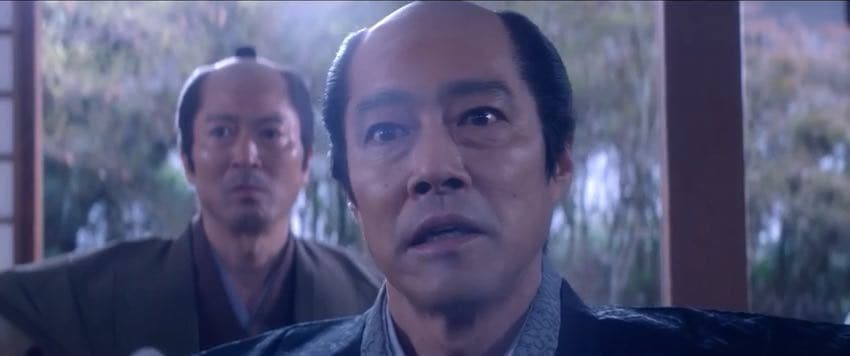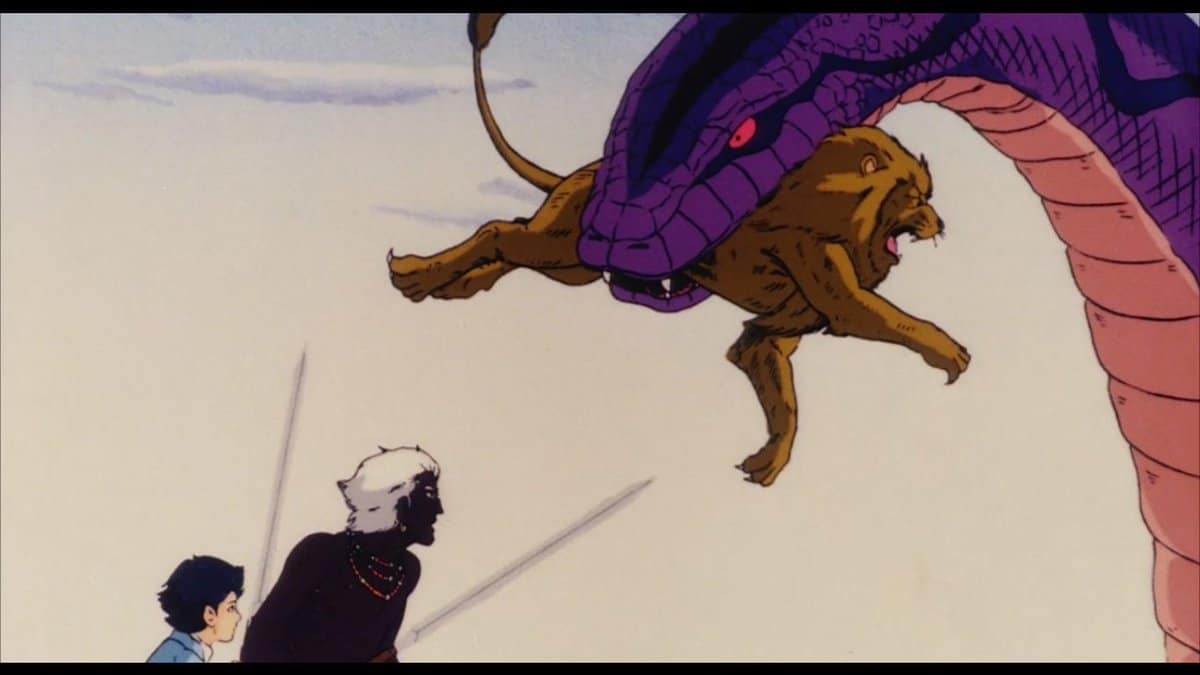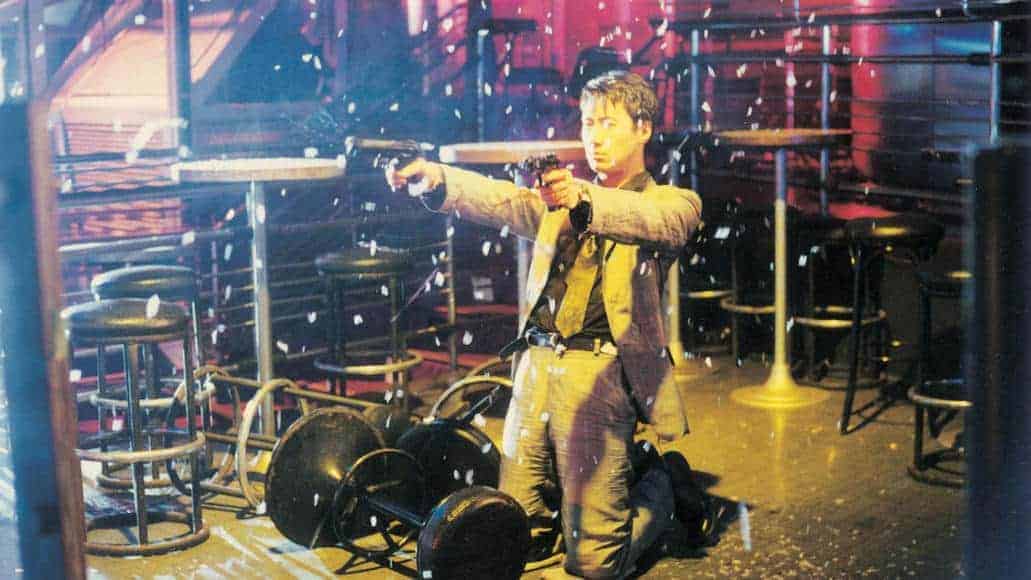The concept of manipulating reality has been repeatedly implemented in thriller/horror films, some times following supernatural paths and sometimes psychological/realistic ones. Djenar Maesa Ayu implements the latter approach in a rather interesting effort.
Tris is screening at Osaka Asian Film Festival

The movie unfolds in two axes. The first one has the protagonist, Tristan, talking to a psychologist who is only heard but never shown, about his memory issues, and how the things he constantly forgets have made him fell useless, both towards himself and to his family, particularly after his father died, leaving him and his brother Dio, to take care of their mother. The second axis has him in the house he shares with his brother, with the latter constantly pinning him down for forgetting things, an attitude that has also convinced his mother that he is useless. Something is amiss however.
This last part, of something not being right here, is actually the most intriguing aspect of the narrative, with Djenar Maesa Ayu building the movie around it, in a style that, despite its dramatic main premises, essentially points towards the thriller, with Roy Lolang's cinematography, lighting and coloring also moving towards this direction. At the same time, the juxtaposition of the “real-life” scenes with the psychologist session works really nice here, with each part completing the other in the most entertaining fashion, with Deny Joe's editing, particularly in the succession of the scenes, helping the most in that regard. The same applies to the timing of the ending credits, as much as the actual finale, which are ideally both placed in the narrative.

The other aspect that really works here is the acting, with protagonist Reza Rahadian as Tristan being quite convincing in both his insecure, low self-esteem interactions with his brother, and his confessions with the psychologist. The same applies to Christine Hakim as their mother, who presents both her nerves and her bitterness realistically. Cornelio Sunny's Dio could have been a bit better, but his performance mostly suffers from the lack of screen time in the just 13-minutes of the short than from anything else.
The only fault of the short is that the ending becomes obvious pretty quickly, although not to a point that harms the overall sense the whole thing leaves.
“Tris” is a rather entertaining short that truly shows that Djenar Maesa Ayu should soon move to features.


